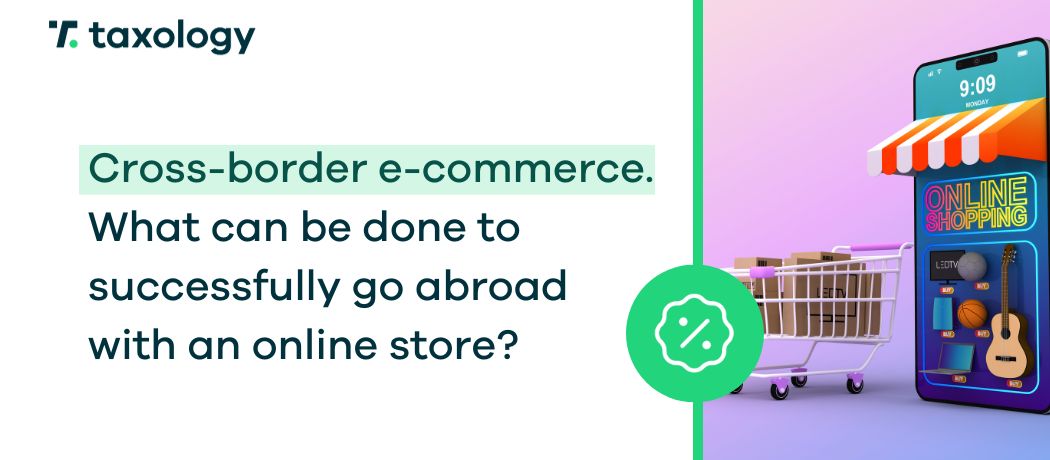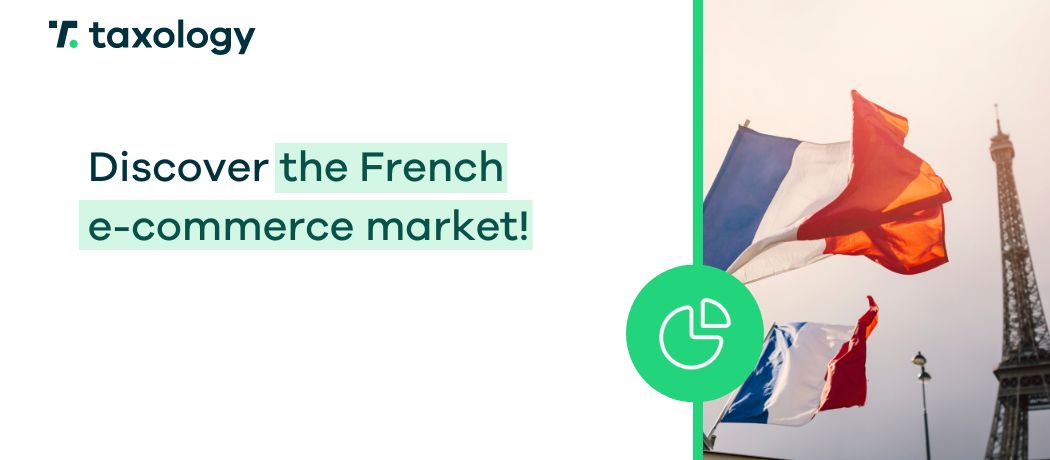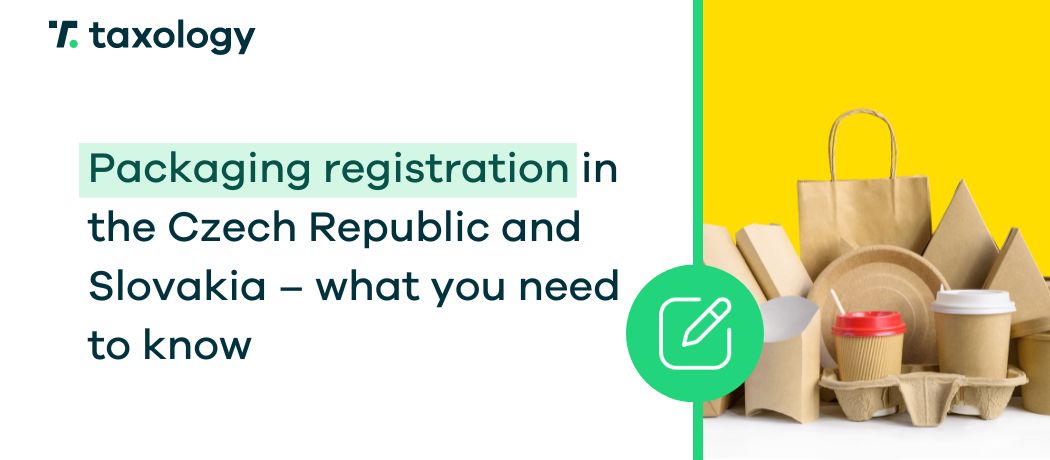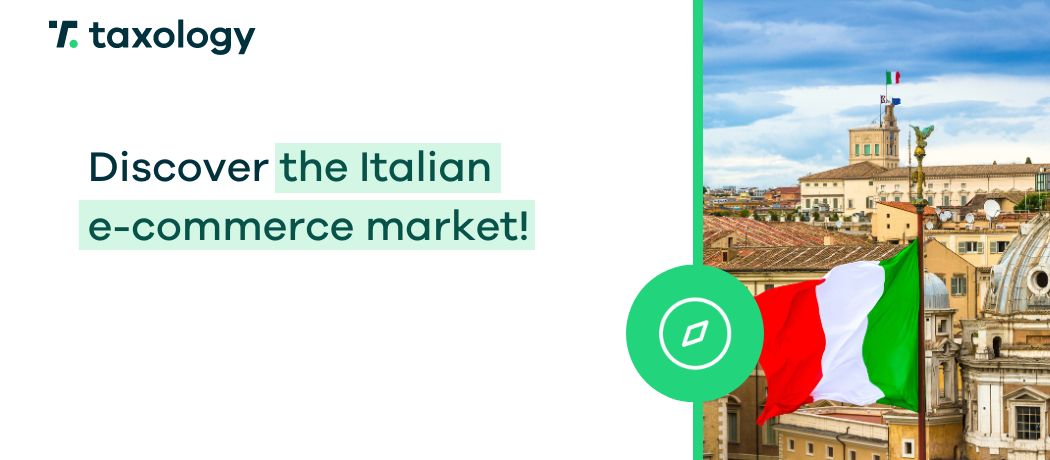France is one of the largest and wealthiest countries in Europe, making it an extremely attractive market for expansion for many entrepreneurs in the e-commerce sector. However, like any other […]
Read in: 5 minCross-border e-commerce. What can be done to successfully go abroad with an online store?
- Last update: 23.02.2024
- Published: 13.04.2022
- Read in: 5 min
Despite the globalization of the modern world also in the area of trade, still, each local e-commerce market has its own characteristics. What can be done to successfully conquer the market of neighbouring countries?
Why go abroad?
An e-commerce customer abroad has a much larger wallet. Add to that a larger number of e-commerce customers. Better Internet penetration, more consumers, and more frequent purchases are already sufficient arguments for expanding the business into foreign markets as well.
Another argument is the average size of the customer’s basket in 2019 in Germany – it was between 100 and 499 euros (Eurostat). In the UK, the average basket is 117 euros. In Poland, it’s approx. 50 euros, according to. ASM Salesforce Agency.
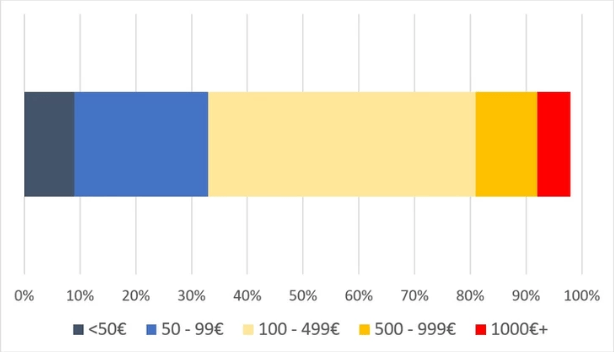
Diag. 1. Dominant basket size in e-commerce in Germany. For: Eurostat
Until now, going abroad has mainly been the domain of large e-commerce players. Our observations show that for the past 2-3 years, small and medium-sized e-commerce companies have also been showing readiness for have also been showing readiness.
6 major areas to take care of in overseas expansion (Europe)
1. Translation
Be sure to get the best possible translation of the store so that an e-customer from a particular country gets the impression that they are dealing with a local e-store. On many occasions, we have spoken to clients who did not invest in professional translations but used automatic translators, which translated into low-quality texts. Poor translation translates into low trust with potential customers, resulting in fewer sales and a negative brand image. It is worth hiring a native speaker to translate or proofread translations. Such a solution requires additional costs, but it is definitely worth it to ensure professional communication with e-customers in other countries.
2. Logistics and shipments
These aspects are related to the country’s market rules. For example, it takes a really long time to transport a shipment from Poland to Italy (sometimes as long as 7-8 days to southern Italy). So it’s worth considering a local warehouse.
If we just explore the market and check the possibilities, we can send products (up to a certain volume) directly from our country at the beginning. However, it is worthwhile to have a local return address to lower the return cost for the customer and build a local brand image. This is something Salesupply is happy to help with.
3. SEO
A new store and a new domain mean poor listings. SEO is a very important marketing aspect when running an e-commerce store. In our experience, we know that procrastination in this area brings negative results. Lack of traffic to the site also means a lack of conversions and a decrease in motivation for those running such a business.
4. Taxes and VAT settlement abroad
In this area, we are always facing new issues for accounting, whose previous work has focused on the local market. When does the obligation to register for VAT in a country arise? How to settle it? How to arrange shipping to the UK from the tax side? In order for our accounting to know how to answer these questions, we need to start by training our staff or enlisting the help of professionals.
5. Customer service
Necessarily native. No one will understand our e-customers better than a person who communicates fluently in their language. Certainly, in the beginning, hiring a new employee generates additional costs. On the other hand, with customer service (several phone calls/emails/chats per day), one person will not provide quality client service and the waiting time for a call, the response can get much longer. Hiring two people can be a good solution, but it all depends on the budget you have for the team.
On the other hand, higher volume means scalability problems (more traffic on Mondays, holiday time, etc.). This is where customer service outsourcing comes to the rescue, and that includes our company, Salesupply, which specializes in this kind of client service.
In addition, the above points are compounded by the variance of the destination country – after all, which one to choose? In which market are our products most likely to succeed? This is a topic for a separate article, because as we all know: every country has its own customs.
